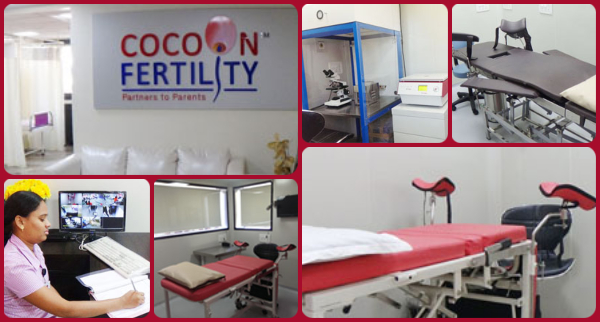What is ERA (Endometrial Receptivity Array)?
ERA is a test to determine at what point in time the endometrium is most receptive for a successful embryo transfer. Endometrial receptivity is the state at which the endometrium is ready for embryo implantation to take place.
The analysis reveals the timing of the implantation window and leads to a personalized embryo transfer timing based on the individual results obtained. The result from the test will determine if a woman is receptive or not on the day and in the kind of cycle when the biopsy was performed.

If she is receptive, it means that her window of implantation falls on the day of the cycle during which the biopsy was performed.
A non-receptive result could imply a displaced window of implantation. Therefore, a second biopsy would be needed to validate this displacement. For that, a specific day for the second biopsy will be suggested according to the first result obtained. This will allow the implantation in a subsequent cycle with a personalized embryo transfer.
Who should opt for ERA?
Before starting an assisted reproduction treatment, the ERA can identify if the patient will require a personalized window of implantation. ERA should be tested in patients who have had implantation failure with embryos of good morphological quality (at least 3 failed embryo transfers for younger women or 2 in patients 37 years or older). This test is recommended for a patient with an apparently normal uterus and with normal endometrial thickness (≤6mm), in which there are no obvious problems. A displaced implantation window is detected in approximately 20% of these patients.
How is ERA performed?
The procedure is performed under a short anesthetic and takes about 5-10 minutes. During this, a small sample of the lining of the womb is extracted and sent for analysis. There may be some discomfort or pain after the procedure, which is similar to the pain experienced during periods and this may last only for a short while. Additionally, patients are advised to avoid engaging in sexual activities on the day of procedure. During the test cycle, there will be no transfers.


